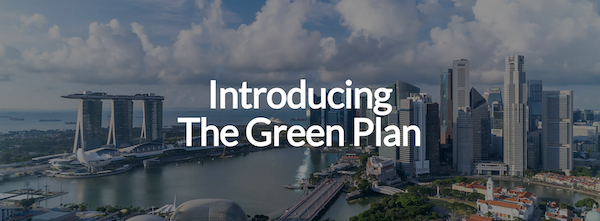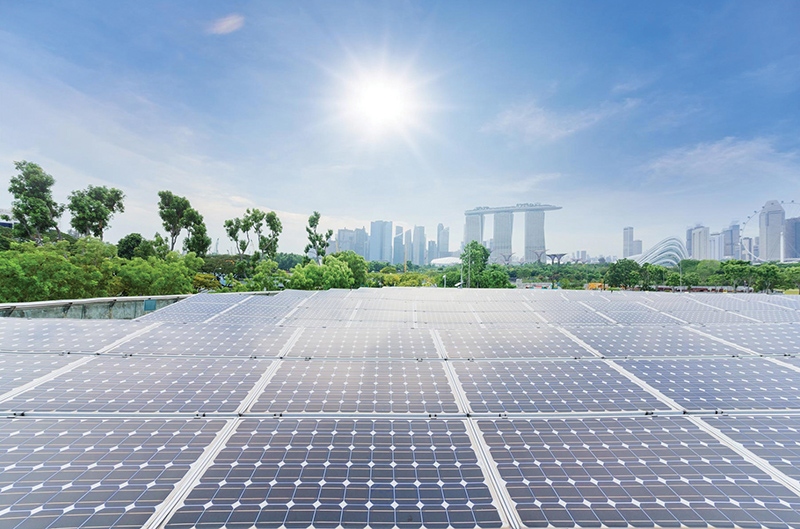1st Quarter 2021
Singapore Budget 2021
April 20, 2021
Deputy Prime Minister Heng Swee Keat announced on Tuesday (16 February) that Budget 2021 will shift “from containment to restructuring” as Singapore’s economy continues to reopen.
Budget 2021, with the theme Emerging Stronger Together, combines measures to help families, workers and businesses weather the COVID-19 crisis in the immediate term, with measures to accelerate structural adaptations for the long term.
Singapore’s GDP contracted by 5.4 per cent in 2020. The overall budget deficit for the financial year 2020 is also the largest since Singapore’s independence, at $64.9 billion, or 13.9 per cent of GDP.
“The global economy is projected to recover to pre-COVID-19 levels this year, but the recovery is uneven across countries and sectors. The Singapore economy is projected to grow between 4 and 6 per cent, with some sectors growing well, and others remaining under stress. I will set aside $11 billion for a COVID-19 Resilience Package,” shared Minister Heng.
This Package will have three prongs:
- To address our immediate needs to safeguard public health and re-open safely.
- To support workers and businesses where needed.
- To target support for sectors that are still under stress.
Building a sustainable home for all
Minister Heng also spoke about how we can “embrace sustainability and build a sustainable home for generations to come”.
“We will continue to support international and regional efforts towards climate action, and play an active role at the United Nations Framework Convention on Climate Change (UNFCCC) negotiations. Over recent Budgets, the Government has put together plans to tackle climate change and translated them into action,” he shared.
- To improve air quality, Singapore has restructured diesel tax in 2017 and 2019.
- A carbon tax was introduced, and passed the milestone Resource Sustainability Act in 2019, to encourage enterprises to reduce their greenhouse gas emissions and work towards becoming a zero-waste nation.
- In 2020, Singapore enhanced her Nationally Determined Contribution, a commitment to further limit emissions as part of the Paris Agreement. The country also announced her Long-Term Low-Emissions Development Strategy, which sets out plans for mitigating and adapting to climate change till 2050 and beyond.
Singapore Green Plan 2030

“As the Minister for Sustainability and the Environment said in our recent debate, sustainability is a journey, not a destination. Our work to achieve sustainable development is never done,” Minister Heng shared.
Singapore Green Plan 2030 is an ambitious long-term plan that builds on ongoing efforts, to secure a Green, liveable and sustainable home for generations of Singaporeans to come.
Technology
“Technology is one such game changer and will open new possibilities. We harnessed technology to overcome our water and land constraints, and will do the same for climate change,” he said.
- Under the Cities of Tomorrow R&D programme, researchers from A*STAR and HDB led the development of the Integrated Environmental Modeller. This is a tool incorporating wind, solar irradiance, shading and environmental noise, to forecast how these factors can affect the thermal comfort for residents.
- The Aquaculture Centre of Excellence has innovated and patented Eco-Ark with funding support from the Agriculture Productivity Fund. With advanced aquaculture technologies, Eco-Ark is able to produce 20 times more output than the average in coastal fish farms. This improves our food resilience, as part of the 30-by-30 goal.
- To continue supporting technology adoption in the agri-food sector, I will set aside $60 million for a new Agri-Food Cluster Transformation Fund.
Transportation
“We will accelerate the development of our charging infrastructure to better support the growth of electric vehicles (EVs) in the next decade. We aim to deploy 60,000 charging points at public carparks and private premises by 2030 — more ambitious than our previous target of 28,000,” said Minister Heng.
- To catalyse partnership between the public and private sectors, I will set aside $30 million over the next five years for EV-related initiatives, such as measures to improve charging provision at private premises.
- To further encourage the early adoption of electric cars, Singapore will narrow the cost differential between electric cars and internal combustion engine (ICE) cars.
“A car-lite society will continue to be our main goal. Public transport is after all the cleanest and most energy-efficient mode of transport. The Government has been investing heavily in public transportation, and enhancing public transport connectivity. Within this decade, we will be spending more than $60 billion to expand and renew our rail network,” he said.
Overall, these measures will work towards reshaping Singapore’s transport footprint, towards cleaner transport.
Green Financing
“We have identified up to $19 billion of public sector Green projects as a start. One such Green project to be financed with green bonds is Tuas Nexus. Tuas Nexus integrates waste and water treatment facilities, and maximises energy and resource recovery in the solid waste and used water treatment processes,” Minister Heng shared.
Above is an excerpt, please visit this site to view the full speech.
To read the complete article, get your hardcopy at our online shop/newsstands/major bookstores; subscribe to FuturArc or download the FuturArc App to read the issues!
Previously Published Happening
Contact us at https://www.futurarc.com/contact-us for older articles.


